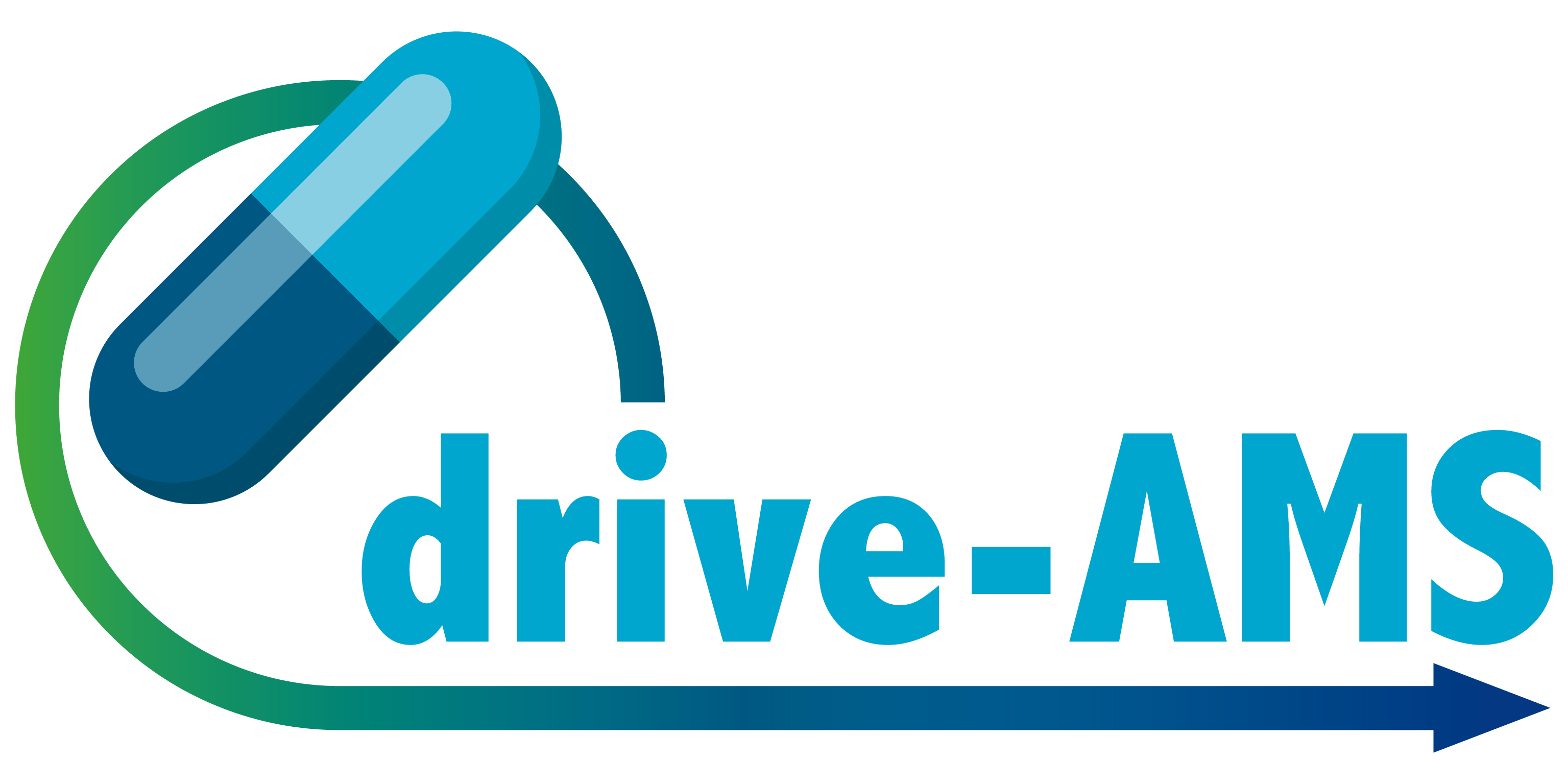Knowledge transfer • measurement • expert consultation
These three key aspects make up drive-AMS, a project that aims to drive forward antimicrobial stewardship (AMS). AMS is an essential step towards improving antimicrobial resistance, one of the top global health threats according to WHO.
UPDATES
drive-AMS Networking Event & Consortium Meeting: Partners commit to continue the mission
The drive-AMS project has officially concluded its mission with a high-level meeting held in Brussels from 16 to 18 October. Consortium members as well as other AMR experts, policymakers, and public health officials from across Europe gathered to review the project’s achievements and lessons learned, but also to discuss possibilities to broaden the impact of drive-AMS and to make its legacy sustainable.
Looking back on drive-AMS: a Country Lead’s perspective
With the drive-AMS project coming to an end, it’s time to look back and evaluate, but also to look toward the future. In this interview article, our Country Leads from Romania, Lithuania, Greece and Portugal reflect on the project’s impact and achievements, as well as on the challenges that accompanied the journey. Although some difficulties were shared across countries, others were specific to national contexts. What united the Country Leads, however, was a shared commitment to innovation and collaboration, and, most importantly, a unanimous consensus about the project’s impact and success.
Where to next? Interview with drive-AMS knowledge partners
After three intense years of excellent collaboration, the drive-AMS project has officially come to an end. Time for project coordinators

drive-AMS is co-funded by the European Health and Digital Executive Agency under grant agreement No 101079985. Views and opinions expressed are those of the author(s) only and do not necessarily reflect those of the European Union or the European Health and Digital Executive Agency. Neither can be held responsible for them.
